Visitors to the northwest corner of California tend to have one thing on their minds the majestic coast redwoods. The trees don’t disappoint: reaching heights of more than 100 meters, living for well over 1,000 years (and occasionally twice that long), they’re a vivid reminder that humans are just one part of a much larger ecosystem.
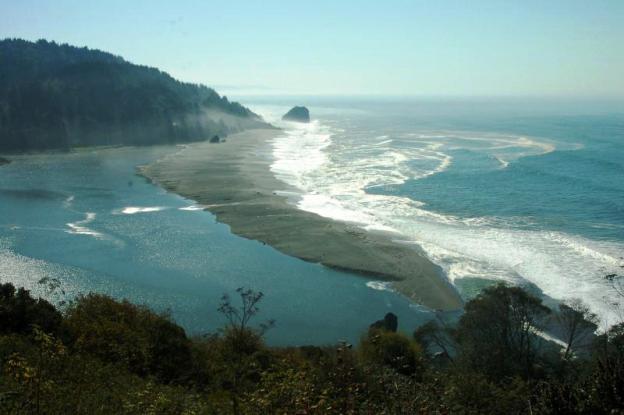
Some people like to call environmentalists ‘tree huggers’, but as you’ll see when you try wrapping your arms around a coast redwood—many are six meters in diameter at the base—hugging one of these particular trees isn’t as easy as it sounds.
In the 19th century, commercial loggers began cutting down the vast majority of coast redwoods. Forty-five percent of the remaining trees are preserved in Redwoods National and State Parks, which includes Redwoods National Park and three state parks (Jedediah Smith Redwoods, Del Norte Coast Redwoods, and Prairie Creek Redwoods).
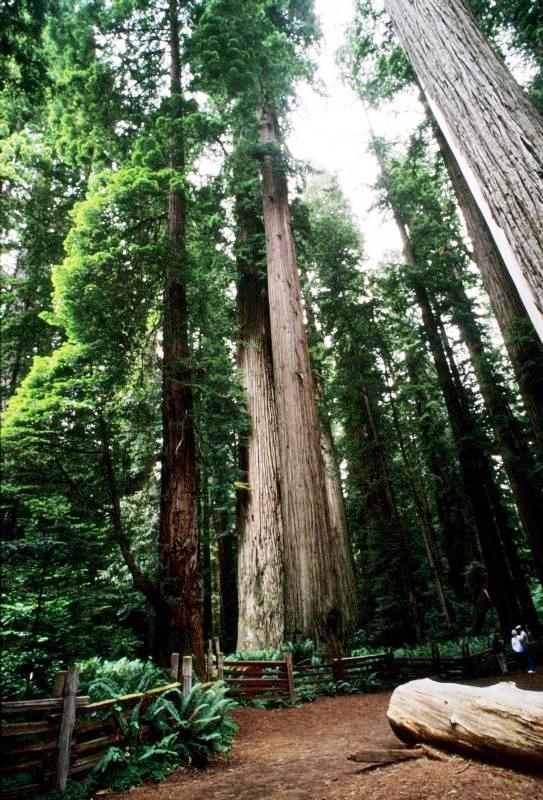
Each of the parks has its own rewards, including ranger-led talks and walks, but if you’d rather go it alone, two of the more accessible redwood-related hikes are the Trillium Falls Trail in the national park and the Prairie Creek Trail in Prairie Creek. If you’d rather drive, try Newton B. Drury Scenic Parkway, Howland Hill Road, and Stout Grove.
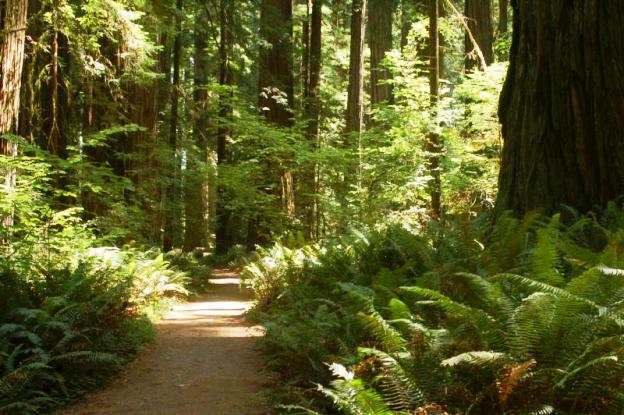
Beyond the redwoods, the parks offer many other pleasures—each is a wilder (and often wetter) side of California. There’s far more flora than just redwoods for hikers to admire, including ferns, many types of berries and flowers such as azaleas and rhododendrons. As for fauna, you might spot Roosevelt elk, bobcats, bald eagles, northern spotted owls and, off the coast, gray whales and sea lions. Anglers, meanwhile, won’t want to miss fishing for king salmon and steelhead trout on the Smith River and Mill Creek.
If you’re lucky, you might even get to experience a quintessentially California activity: this area has more earthquakes than any other part of the United States.
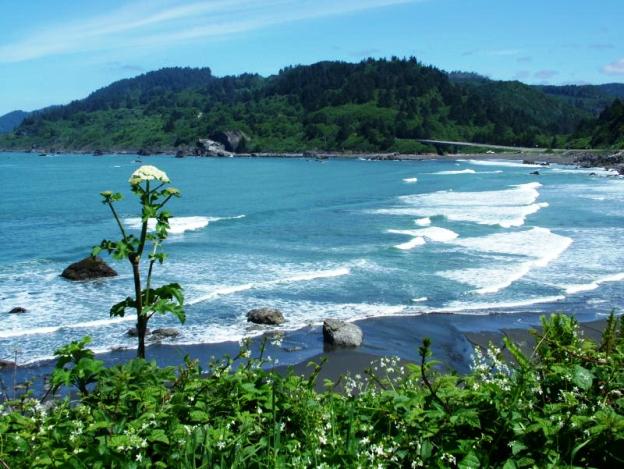
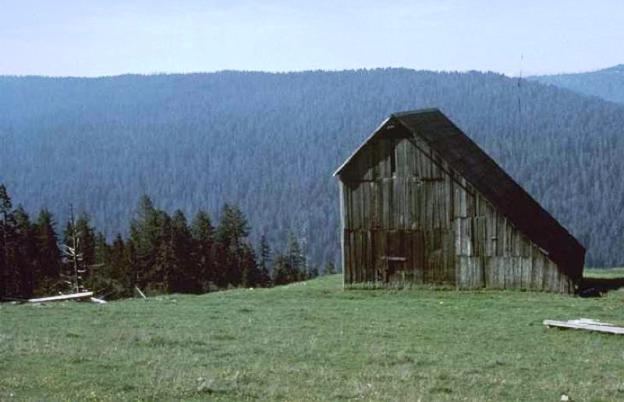
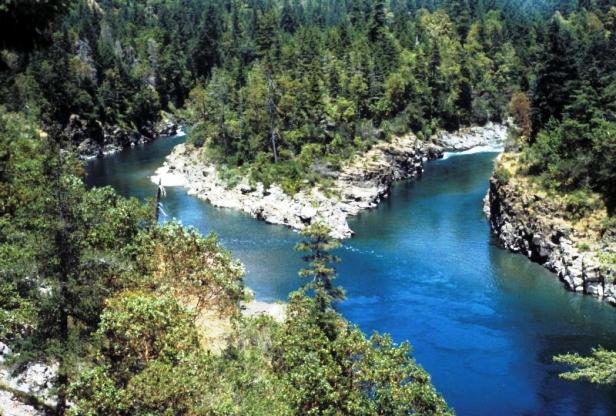
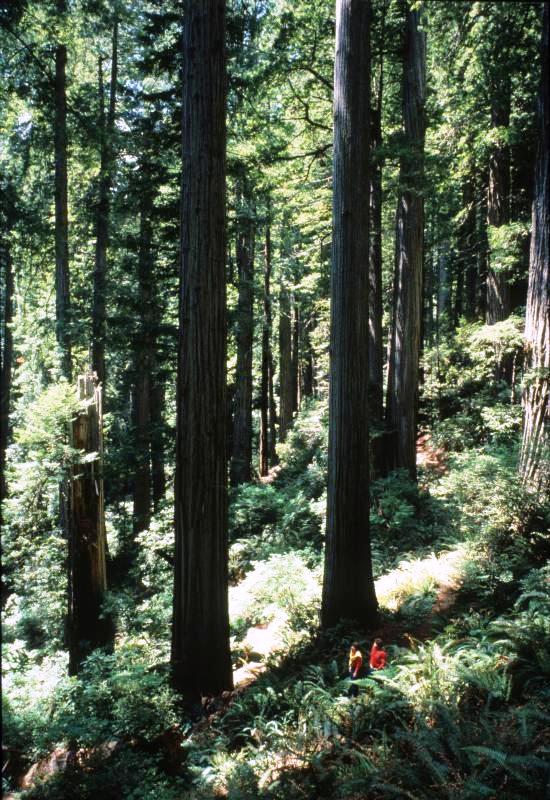
Visit the Redwood Nationa and State Parks website
http://www.nps.gov/redw/index.htm
